
Senior Lecturer in Reformed Theology @uoedivinity @EdinburghUni, bylines @TheTimes, Grace in Common pod, Bavinck bio, writing a Christian history of languages
How to get URL link on X (Twitter) App

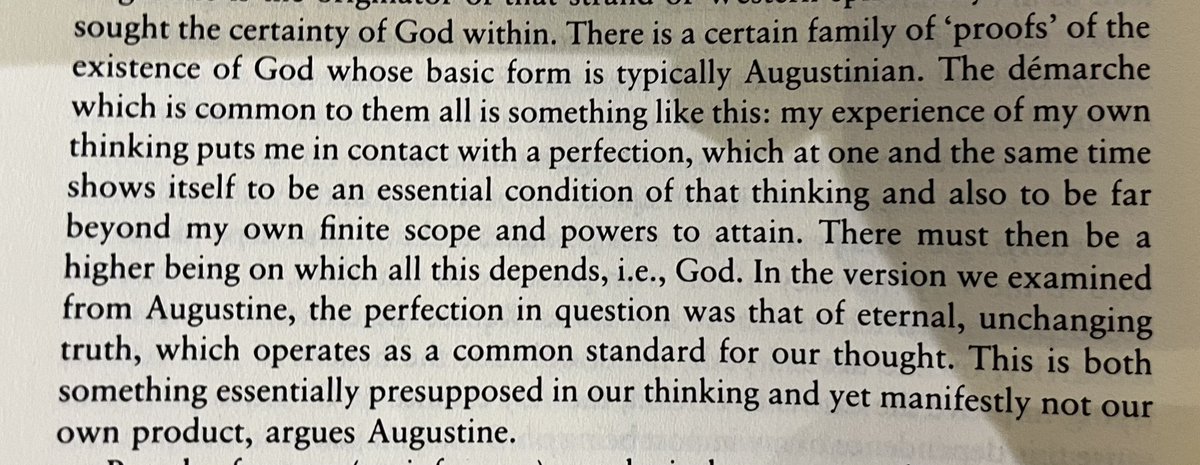

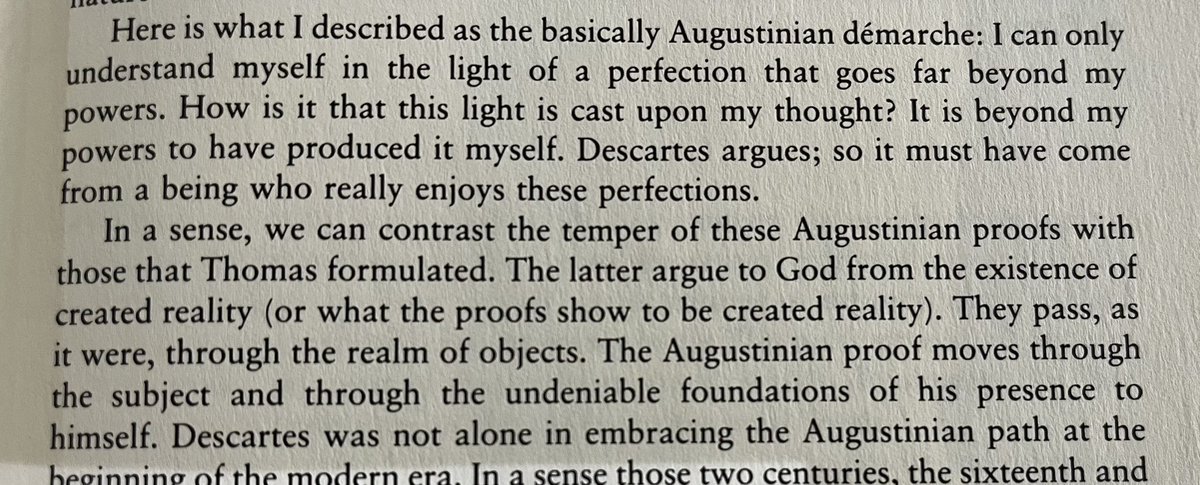 2/ the light of something greater than my self, beyond my self.”) Under that umbrella, think of a cast as diverse as Anselm, Descartes, Kant, Feuerbach (kind of), Bavinck, CS Lewis…
2/ the light of something greater than my self, beyond my self.”) Under that umbrella, think of a cast as diverse as Anselm, Descartes, Kant, Feuerbach (kind of), Bavinck, CS Lewis…https://x.com/DrJamesEglinton/status/1512897709304385546?s=20
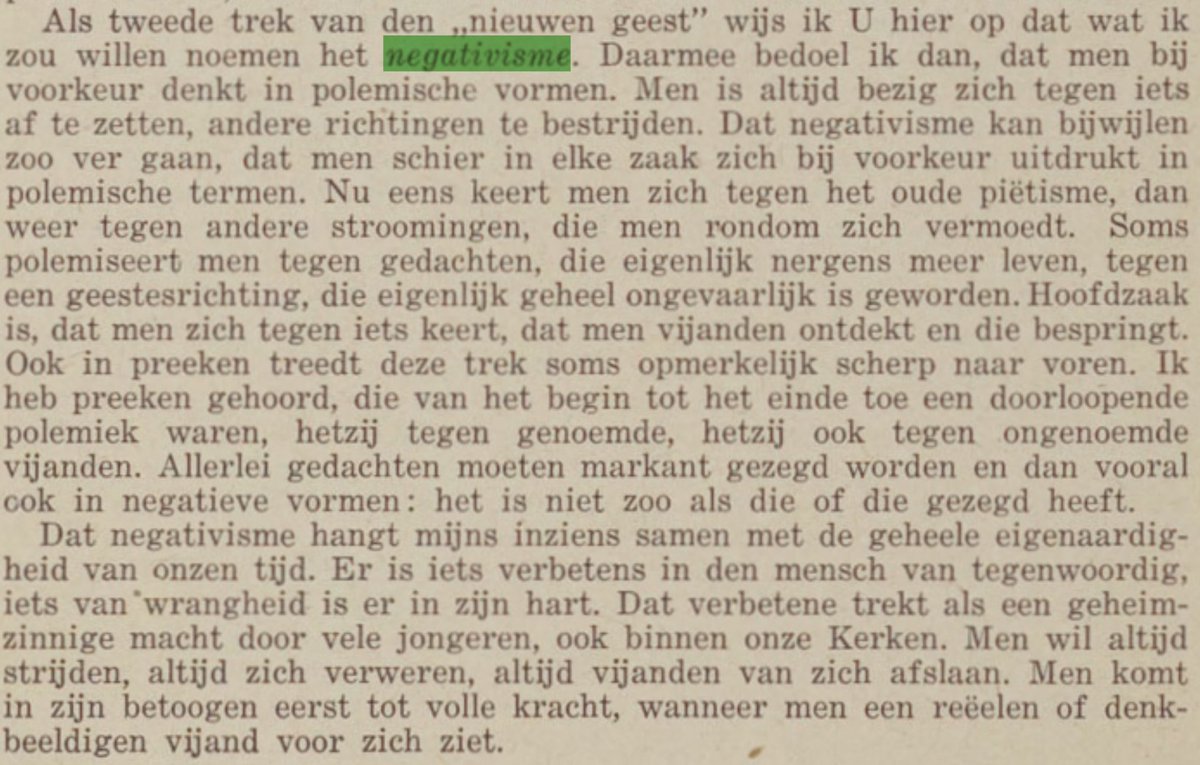
 2/ what I call negativism. By this, I mean that people prefer to think in polemical forms. People always oppose something, combat other movements. That negativism can sometimes go so far that on every matter, people automatically express themselves in purely polemical terms.
2/ what I call negativism. By this, I mean that people prefer to think in polemical forms. People always oppose something, combat other movements. That negativism can sometimes go so far that on every matter, people automatically express themselves in purely polemical terms.
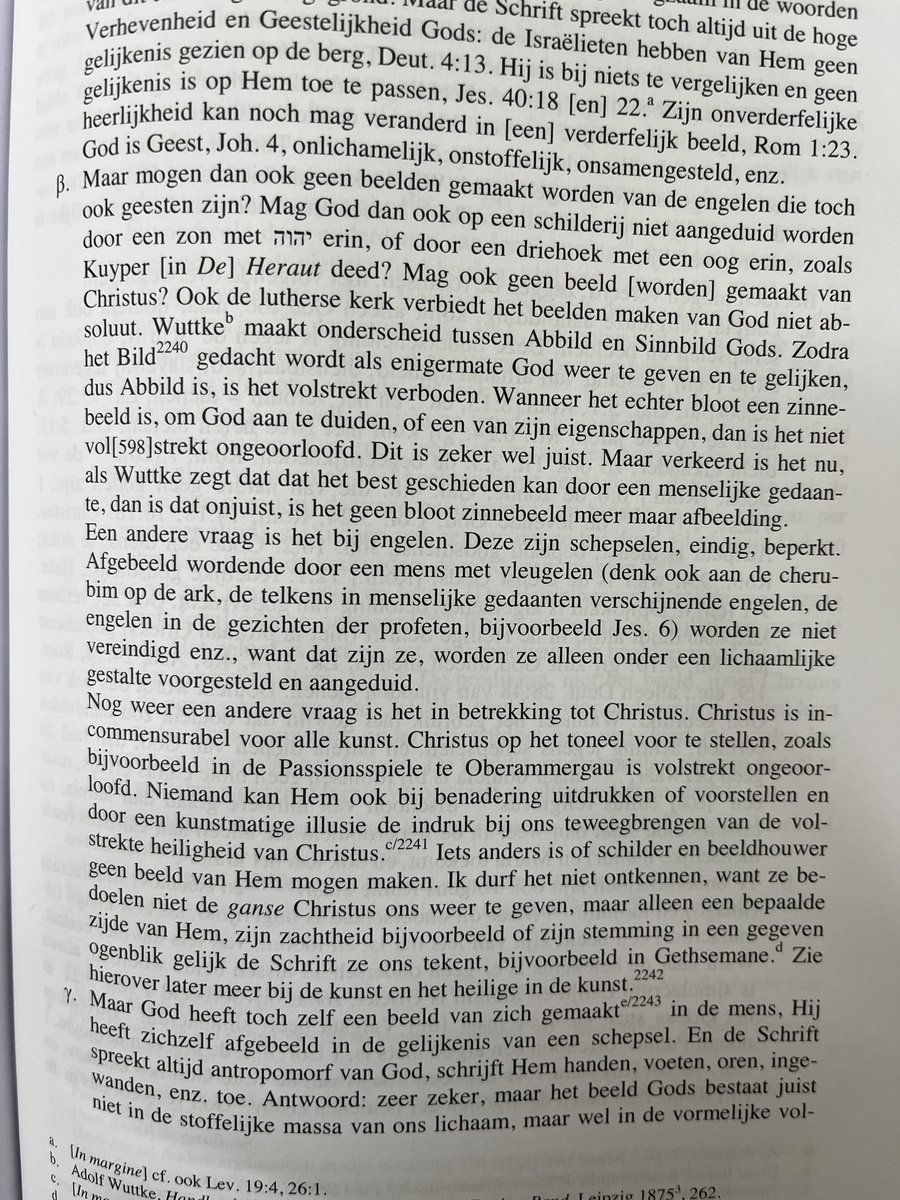
https://twitter.com/JoshBranscomb/status/16918325176602339172/ For Kuyper, this is a general rationale for art. However, he argues that:
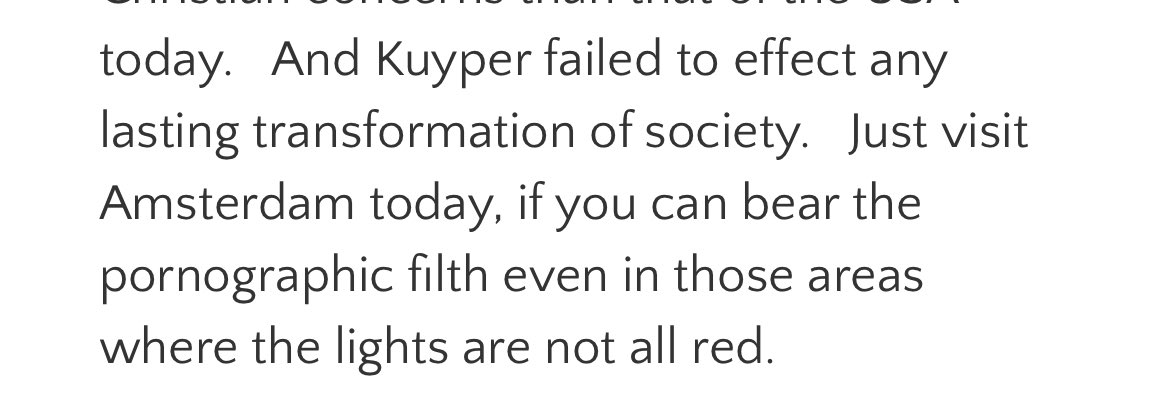
https://twitter.com/ssimonnin/status/16544467268188119052/ he was acutely aware of the dechristianisation of Dutch culture, etc.
https://twitter.com/rscottclark/status/16394368333765918722/ In my view, such histories are revealing about the theologians in question, and in useful/thought-provoking ways: Barth’s historical sweep of theology from the Reformation onwards is the kind of history only Karl Barth would write, etc, but it’s also
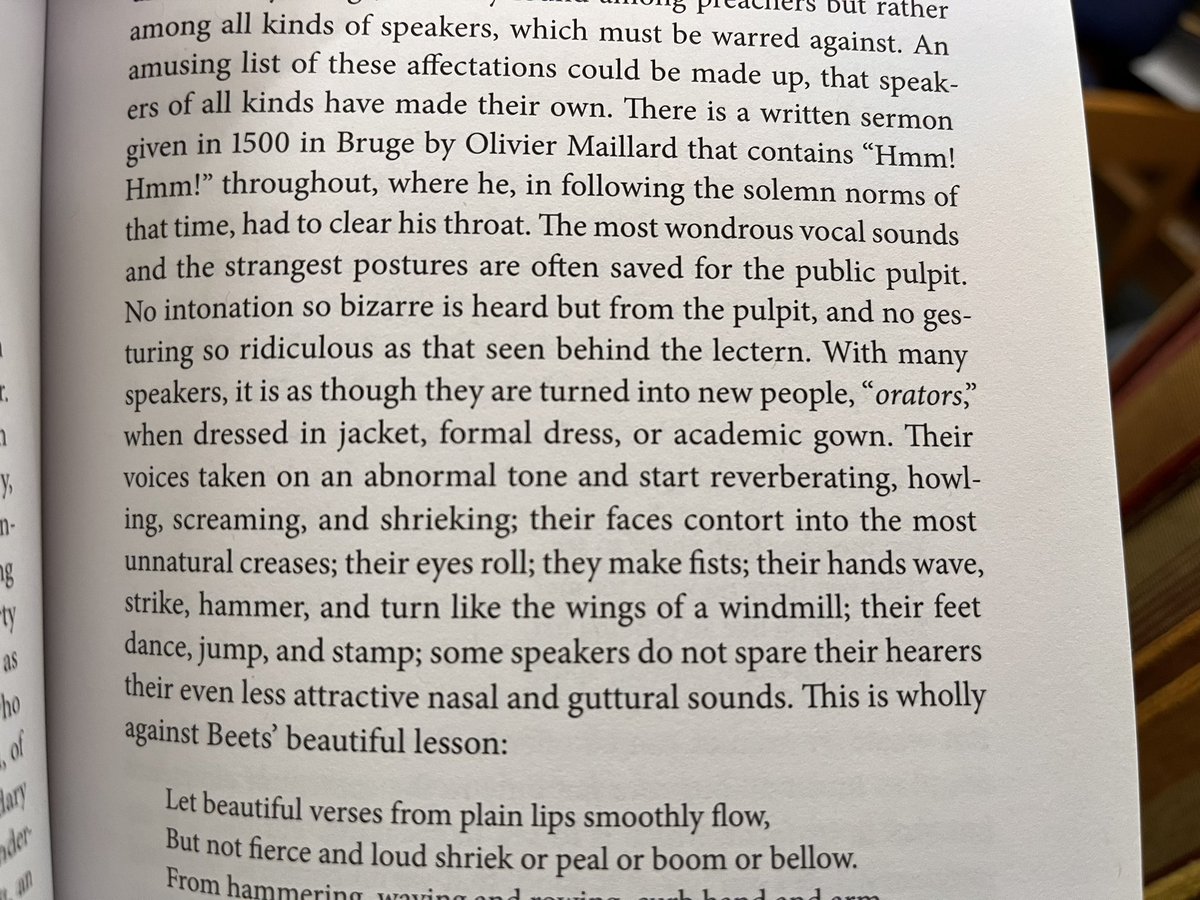
https://twitter.com/ryangawrych/status/1638533423554785282
 2/ Every preacher is different. To impose one form of clothing on every preacher’s body is anthropologically deficient.
2/ Every preacher is different. To impose one form of clothing on every preacher’s body is anthropologically deficient.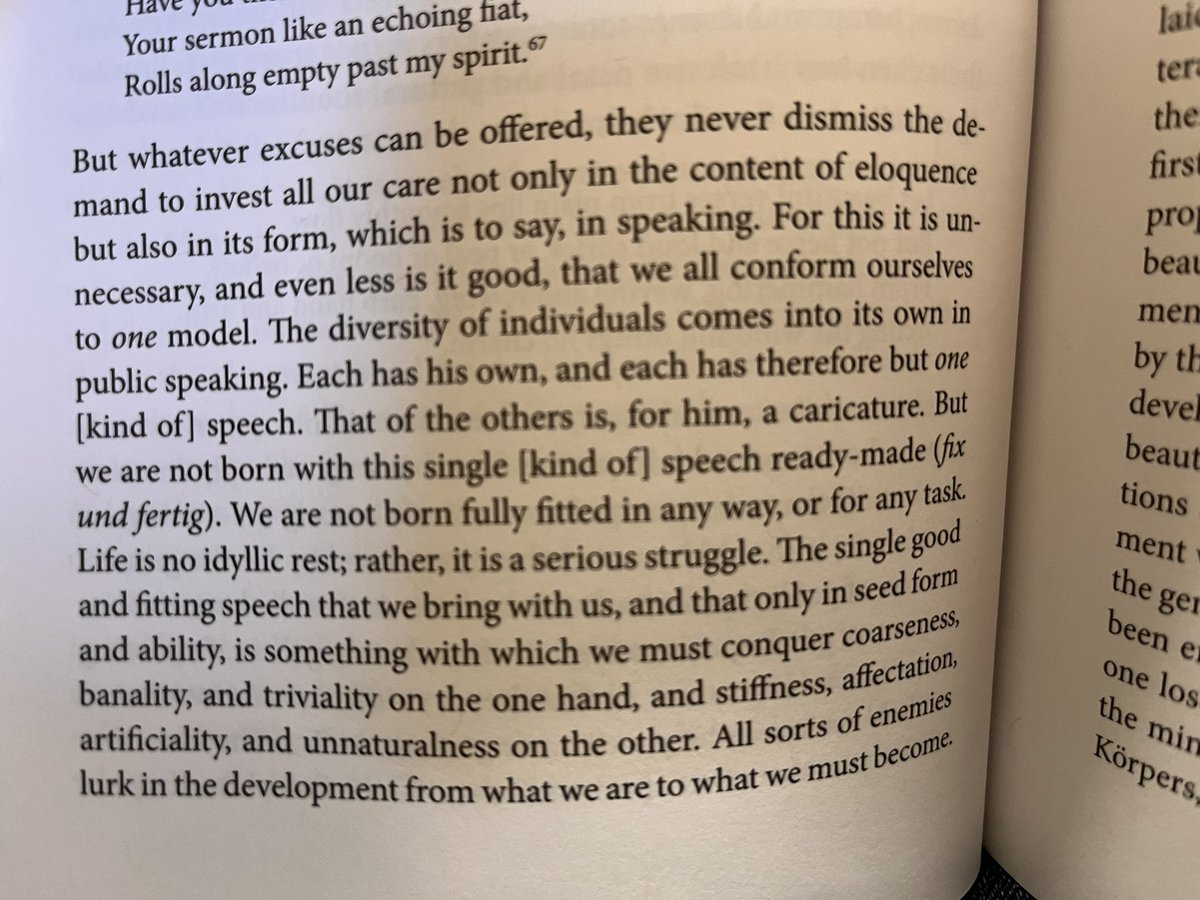


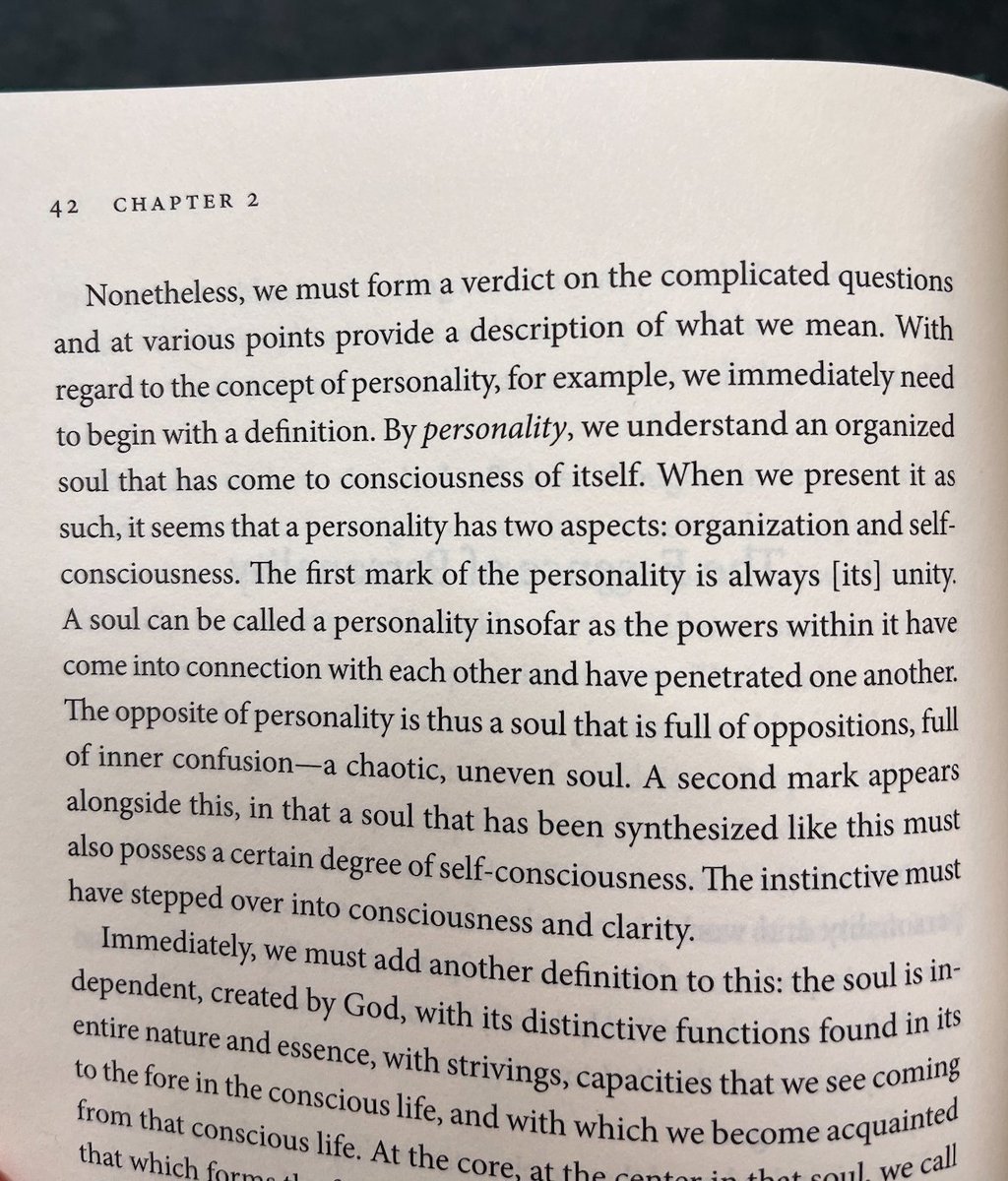
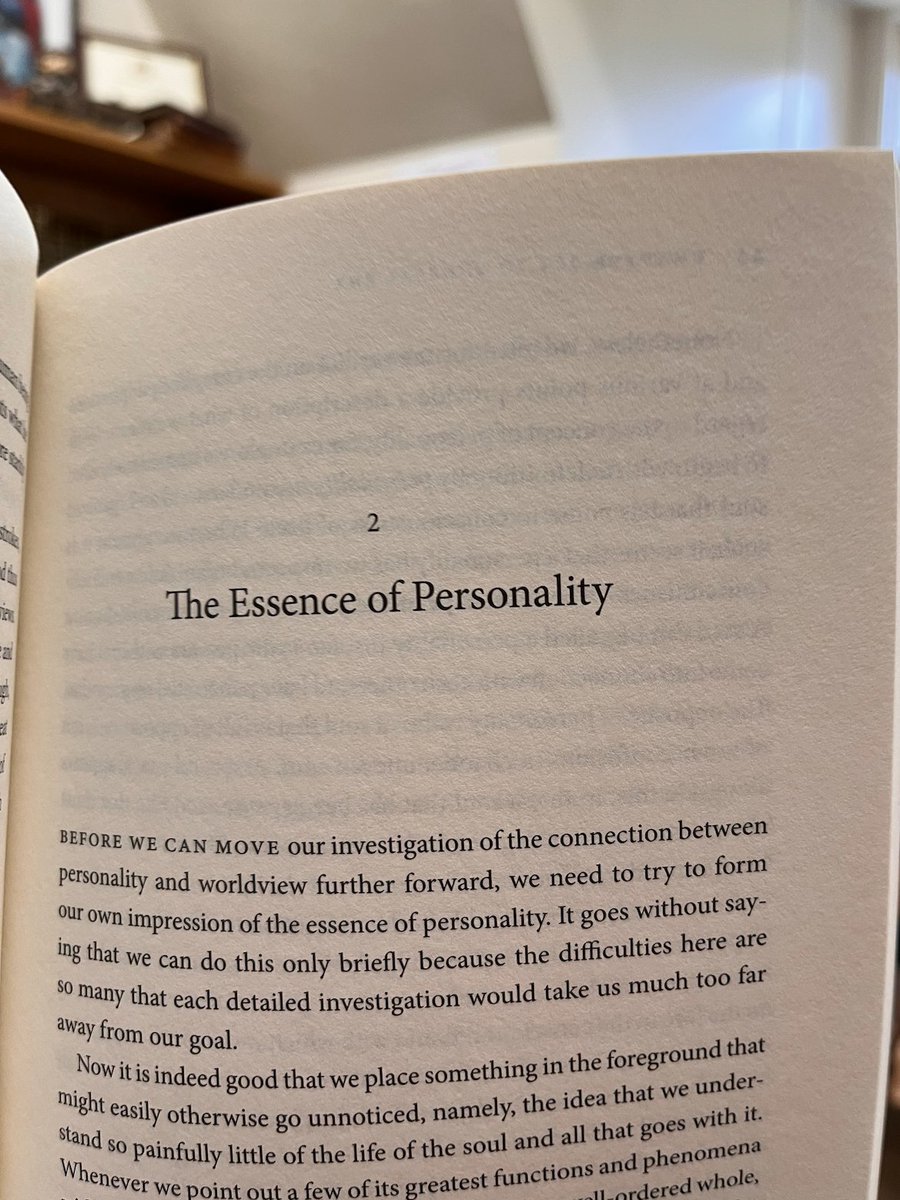 2/ the personality the preacher: the preacher is often envisioned as a public exegete who is there to tell you what the text says, and whose own personality should not "get in the way" of that.
2/ the personality the preacher: the preacher is often envisioned as a public exegete who is there to tell you what the text says, and whose own personality should not "get in the way" of that. https://twitter.com/mporterperkins/status/16313017429597716492/ signified. That’s consequential. Add in Christology in pneumatology’s place (and the use of an extra-biblical analogy as part of that), the impression that selfhood is centred on reproductive organs, a tone that doesn’t reckon with many women’s experiences of sexual violence,
https://twitter.com/jedirev/status/16288042962161377282/ When we think of religion & politics, we only have three basic options for how to relate them. (i) Religion & politics overlap to the point that they’re the same thing. This is a theocracy, and it doesn’t work because it’s out-of-step with the free & inquisitive nature of
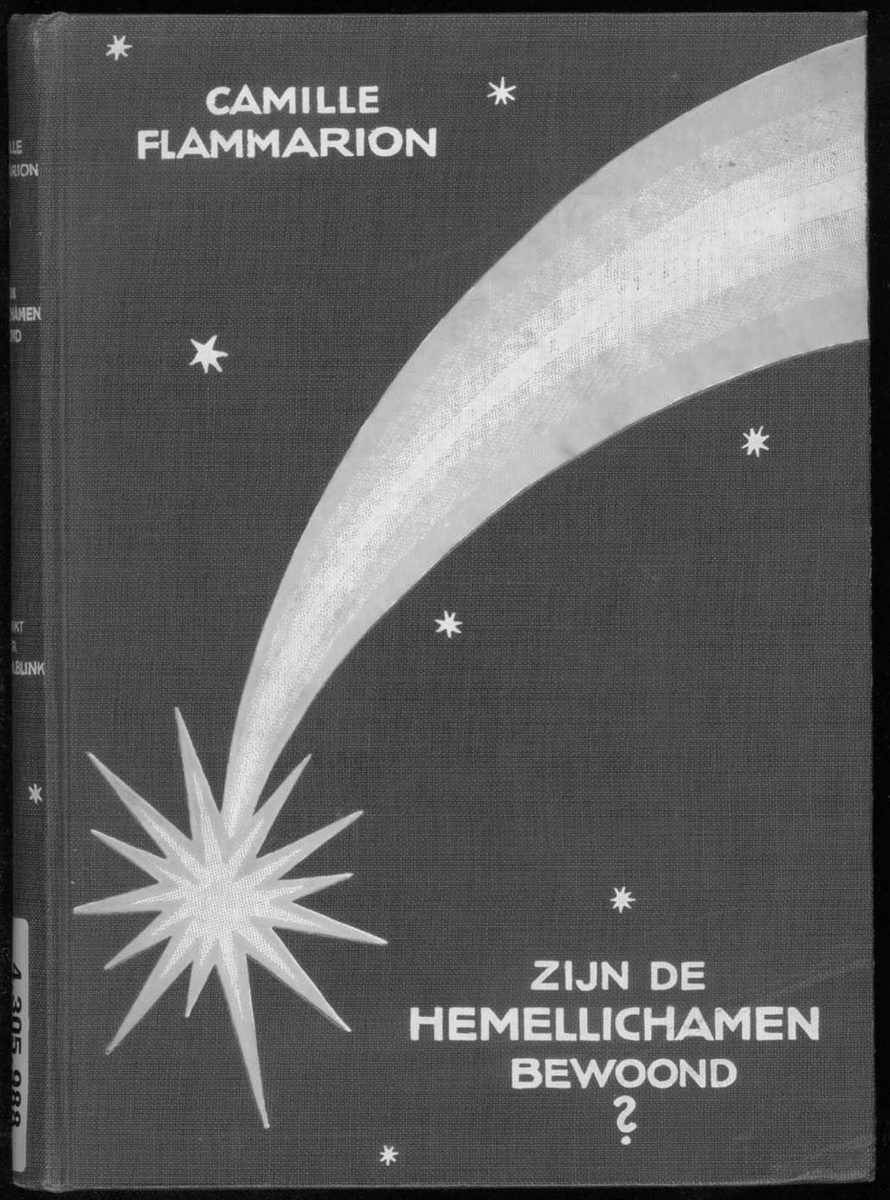

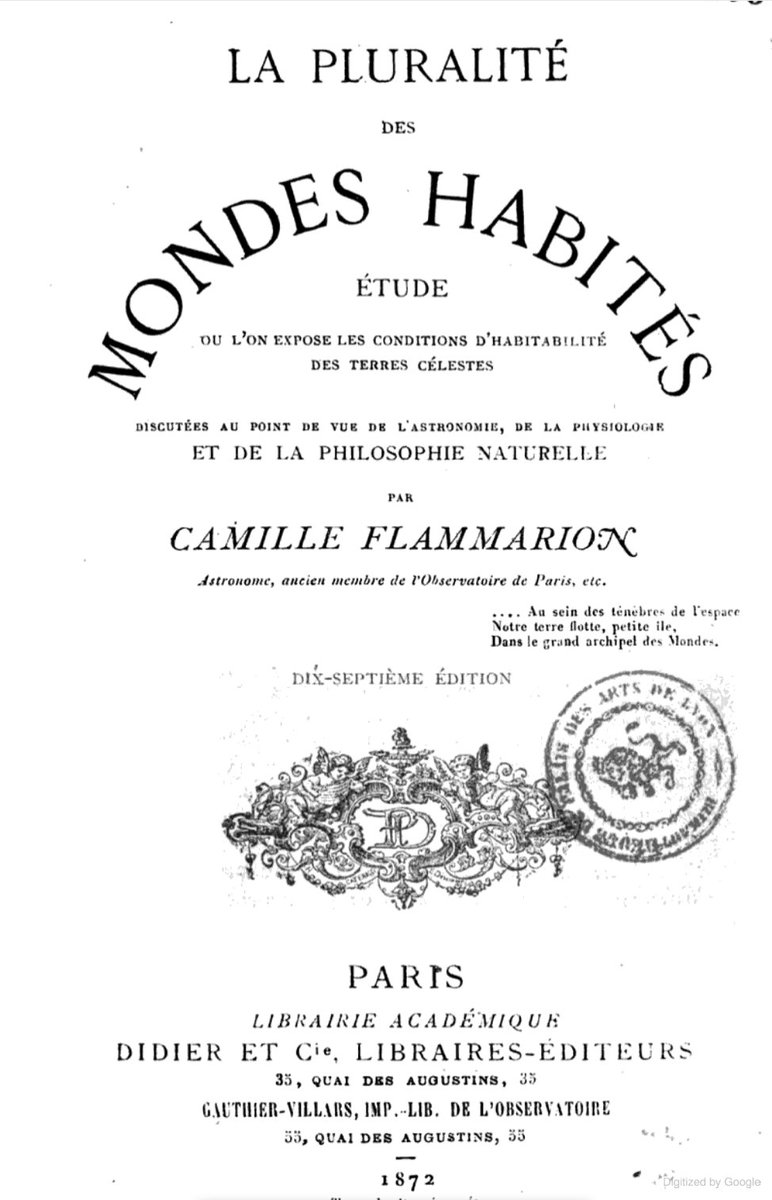 2/ This is the Dutch version of his French book La pluralité des mondes habités (The Plurality of Inhabited Worlds). The Dutch title is the question, 'Are the Heavens Inhabited?'
2/ This is the Dutch version of his French book La pluralité des mondes habités (The Plurality of Inhabited Worlds). The Dutch title is the question, 'Are the Heavens Inhabited?' 
 2/ But its weakness was twofold: (i) its gods weren't human enough. Greco-Roman religion was anthropopathic (i.e. it projected human traits onto gods who weren't human), whereas Christianity offered incarnation (i.e. God assumes a human nature). Christianity offered a relatable
2/ But its weakness was twofold: (i) its gods weren't human enough. Greco-Roman religion was anthropopathic (i.e. it projected human traits onto gods who weren't human), whereas Christianity offered incarnation (i.e. God assumes a human nature). Christianity offered a relatable 

https://twitter.com/GJShearer/status/16037970413559357442/ @cam_clausing has a forthcoming @OUPReligion book on Bavinck's historical consciousness, the important thing about this blogpost is that we should check its claims about Bavinck ad fontes. I'll check them all later, but two of the most major claims, (i) that Bavinck called
https://twitter.com/wagraham/status/15795798213359411202/ It is *not* the case that in order to be like Christ, every Christian must reject marriage. Historic Christian teaching is that you can be like Christ in singleness or in marriage. In the same way, he had no possessions or home.
https://twitter.com/SpeakinFluently/status/15788530968510627842/ You need to work hard at minimising your foreign accent & learn to sound more like a Dutch person in Dutch. Drop those hard Gs, go guttural. Roll your Rs. Learn the ‘ui’. Pay attention to the klemtoon of each word. It’ll make people much less likely to respond in English.